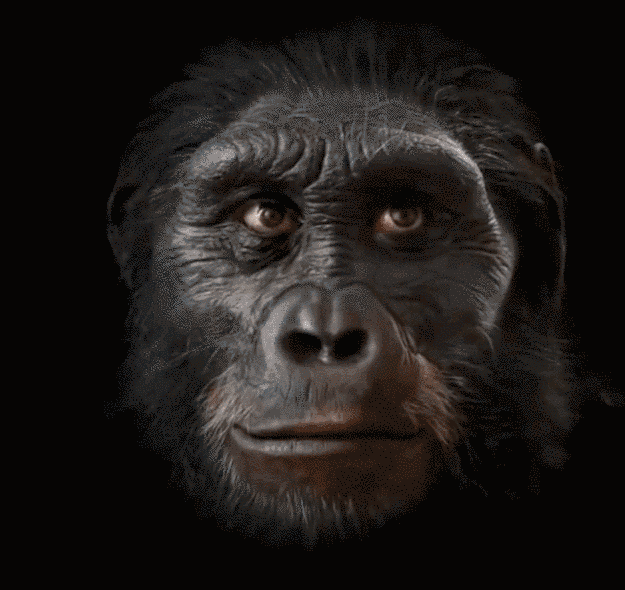Sapiens: A Brief History of Humankind by Yuval Noah Harari
- Published on
- • 4 mins read•––– views

Yuval Noah Harari's Sapiens: A Brief History of Humankind is a fascinating journey through the history of our species. From the Cognitive Revolution to the Scientific Revolution, Harari examines how Homo sapiens rose to dominance and the consequences of our actions on the world. Below are some of the most compelling insights from the book:
The Cognitive Revolution
"The truly unique feature of our language is not its ability to transmit information about men and lions. Rather, it’s the ability to transmit information about things that do not exist at all."
Around 70,000 years ago, Homo sapiens experienced a revolution in cognitive abilities, which allowed us to develop language, share stories, and collaborate on an unprecedented scale. This leap gave humans a competitive edge over other species.
Shared Myths and Cooperation
Harari explains that shared myths—religions, nations, and ideologies—enable large-scale cooperation. These imagined realities unify people and drive societal progress.
The Agricultural Revolution
"History’s biggest fraud."
The transition from hunter-gatherer societies to agriculture marked a turning point in human history. While it allowed population growth and technological advancement, it also introduced social hierarchies, hard labor, and new forms of inequality.
The Birth of Hierarchies
The Agricultural Revolution laid the foundation for structured societies, but it also brought about power imbalances and the concept of property ownership.
The Unification of Humankind
"There is no way out of the imagined order. When we break down our prison walls and run toward freedom, we are in fact running into the more spacious exercise yard of a bigger prison."
Money, empires, and religions played pivotal roles in unifying humanity. Harari argues that these constructs foster cooperation across diverse populations but often come at the expense of individual freedoms.
The Scientific Revolution
"The scientific revolution has not been a revolution of knowledge. It has been above all a revolution of ignorance."
Harari explores how the pursuit of knowledge, beginning in the 16th century, transformed societies and gave rise to capitalism, industrialization, and technological innovation. This period also marked humanity’s growing impact on the environment.
Wrapping Up
Sapiens challenges readers to reflect on the choices and consequences of human actions throughout history. Harari’s insights provide a deeper understanding of who we are, how we got here, and where we might be headed.
Impact on Me
Reading Sapiens was an eye-opening experience. It reshaped my perspective on history, culture, and the interconnectedness of human societies. Harari’s narrative highlighted the fragility of the systems we take for granted and inspired me to think critically about humanity’s future.
Key Takeaways
- Perspective on Progress: Progress often comes at a cost. Understanding our past helps us navigate present challenges more effectively.
- Shared Stories Matter: Stories, whether cultural or ideological, hold immense power to unite or divide people.
- Critical Thinking: The book underscored the importance of questioning societal norms and evaluating the impact of human actions on the planet.
Have you read Sapiens? What were your thoughts? I'd love to hear your insights and how the book influenced your understanding of humanity in the comments!